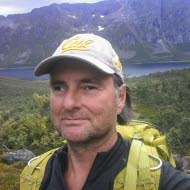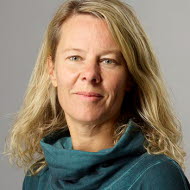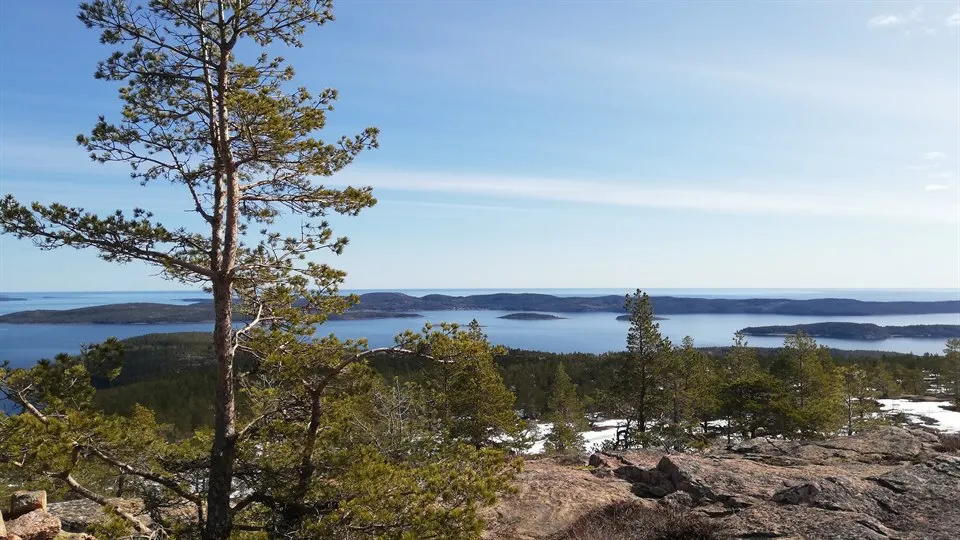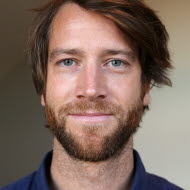WAYA
Developing of a program regarding rest and outdoor recreation as a support to health and well-being of young cancer survivors.
In recent years, it has been noted that staying in nature can contribute to health and well-being. Nature's role in promoting health is described from different perspectives, among other outdoor air therapy. Outdoor air therapy is a concept that today lacks a clear definition even though research has been conducted in the area for about 50 years.
Nature-based interventions are seen as a promising way to support young people's health and well-being in general, but there is very little research on how it works or is experienced in young cancer survivors. In the few studies that have been conducted, it is seen, among other things, that participants as a result of program participation experience less anxiety and anxiety, feel more socially included, gain stronger self-esteem and better quality of life.
The weaknesses in the studies that have been carried out mean that the described positive effects can not only be said to stem from program participation. Above all, the weaknesses are due to the lack of randomization, and the lack of comparison groups.
Performing randomized studies among young people who survived cancer is very challenging from an ethical point of view, but the research group believes that this is made possible by the design being developed in collaboration with stakeholders (patient associations and professional professions). It is important that high-quality randomized studies are conducted so that we can provide fact-based answers to potential benefits and risks with nature-based programs.
The purpose of this project is to carry out a randomized controlled pilot study in which participation in an outdoor program is compared with participation in a holiday stay among young cancer survivors. As far as the research group can see from extensive literature studies, this is the first randomized study that studies the effects of nature-based programs among young cancer survivors.
Facts
Project period
200201-221201
Partners
Departments
Subjects
Project leader



